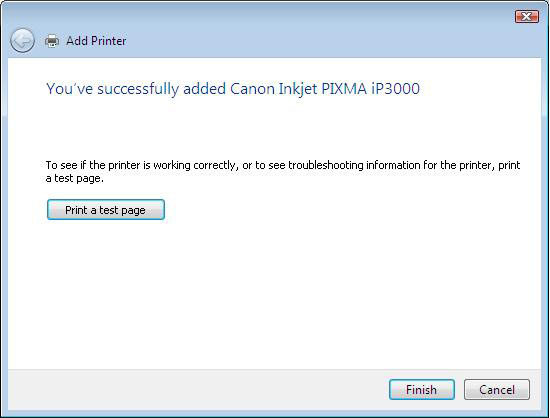Step 1: Click Start and then Control Panel. Locate the Printers icon. Click the Add Printer icon.
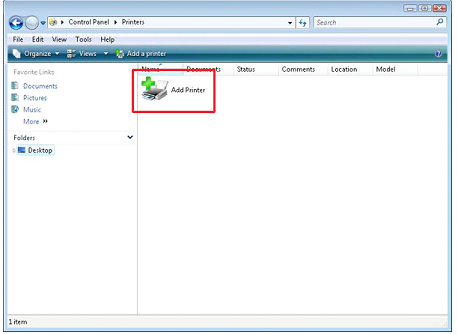
Step 2: Click Add a Local Printer. Use this option only if you don't have a USB printer. (Windows automatically installs USB printers when you plug them in).
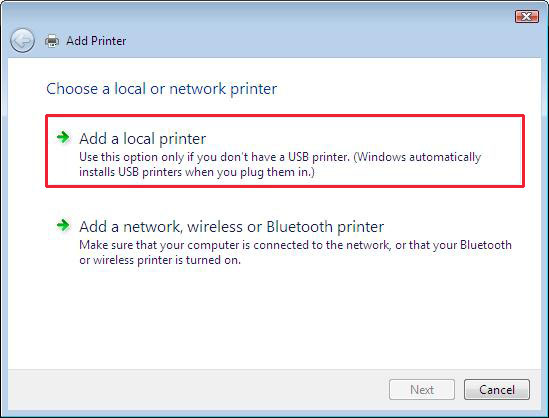
Step 3: Select Create New Port. For the port type, select standard TCP/IP Port. Click Next.
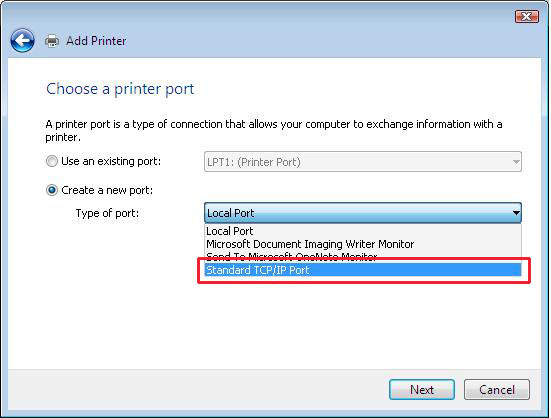
Step 4: Click the drop down menu for Device Type and choose TCP/IP Device.
In the Hostname or IP Address field, input the IP address of ShareCenter Pro Network Storage.
The PORT NAME field is purely for identification purposes. This allows you to discern the port you've created later on for configuration.
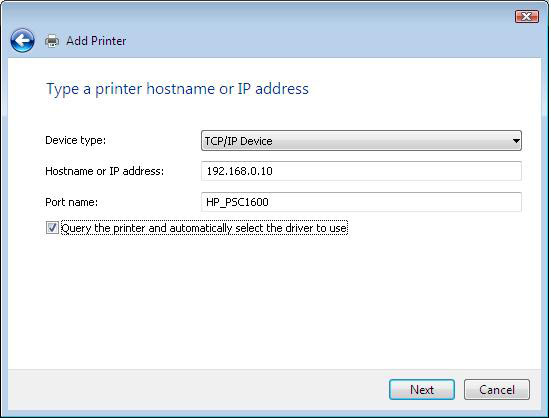
Step 5: Windows will attempt to detect the printer. Please allow a few moments for the operating system to do this.
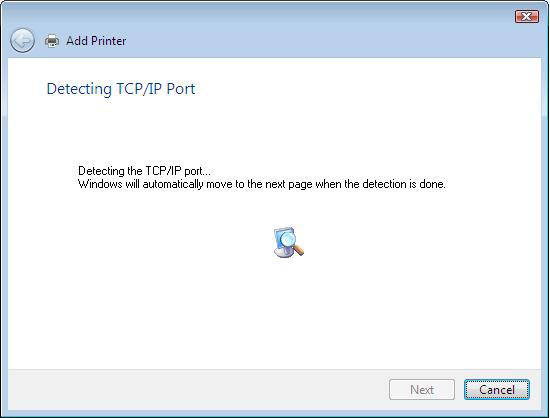
Step 6: Highlight the radio button labeled Custom and press the Settings button.
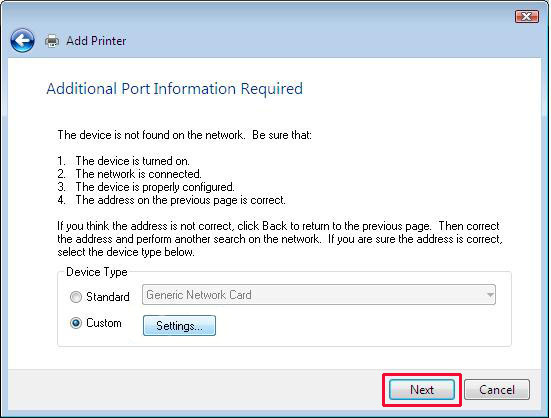
Step 7: Click the radio button labeled LPR.
The LPR Queue Name field will now become available. Here you will need to enter the Queue or Port name that you acquired in Step 1.
Check the box labeled LPR Byte Counting Enabled. Click OK.
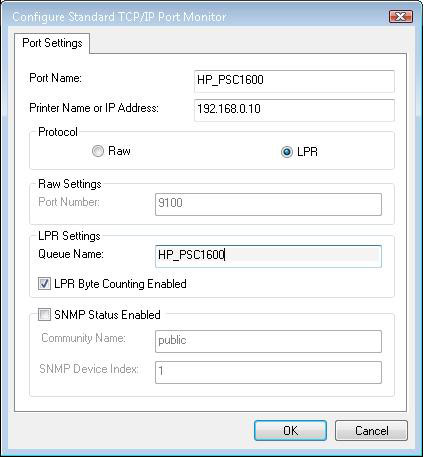
Step 8: At this point, you'll be brought back to the previous window. Click Next.
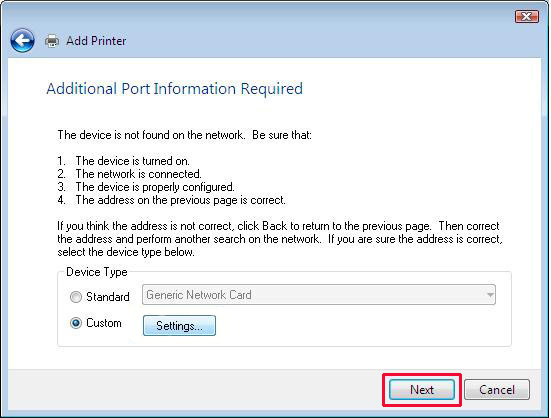
Step 9: Windows will now attempt to detect and install the printer driver. If Windows is unable to detect the printer and find a matching driver, you will be given the option of selecting a printer from a list of available printer drivers.
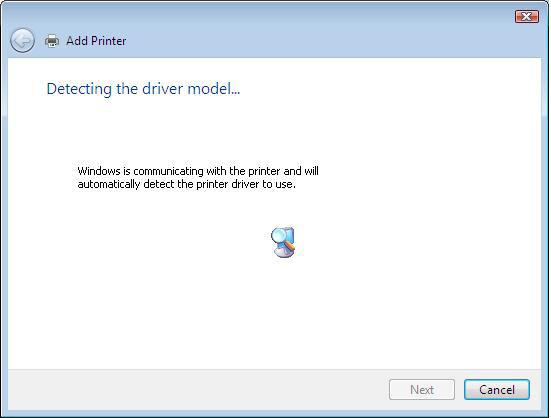
Step 10: In the left window you have a list of manufacturers, and on the right side you have the various models. Select the model that pertains to your printer. Click Next.
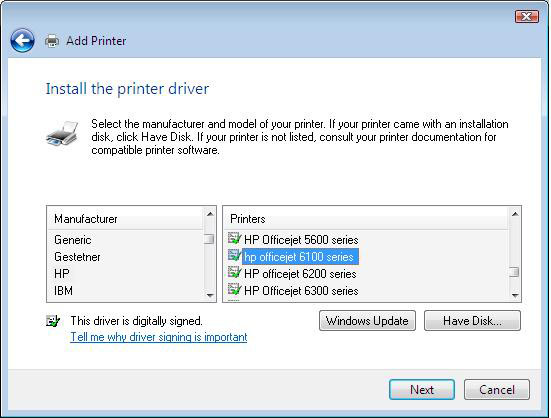
Step 11: Next you will be prompted to give the printer a name. You can leave the default Windows name, or you can create your own if you wish. Click Next.
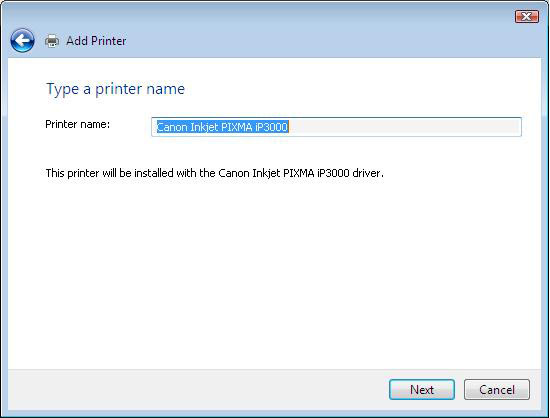
Step 12: Once the printer successfully installs you will be given the option to print a test page. If the test prints then the the printer is configured properly. Click Finish.
